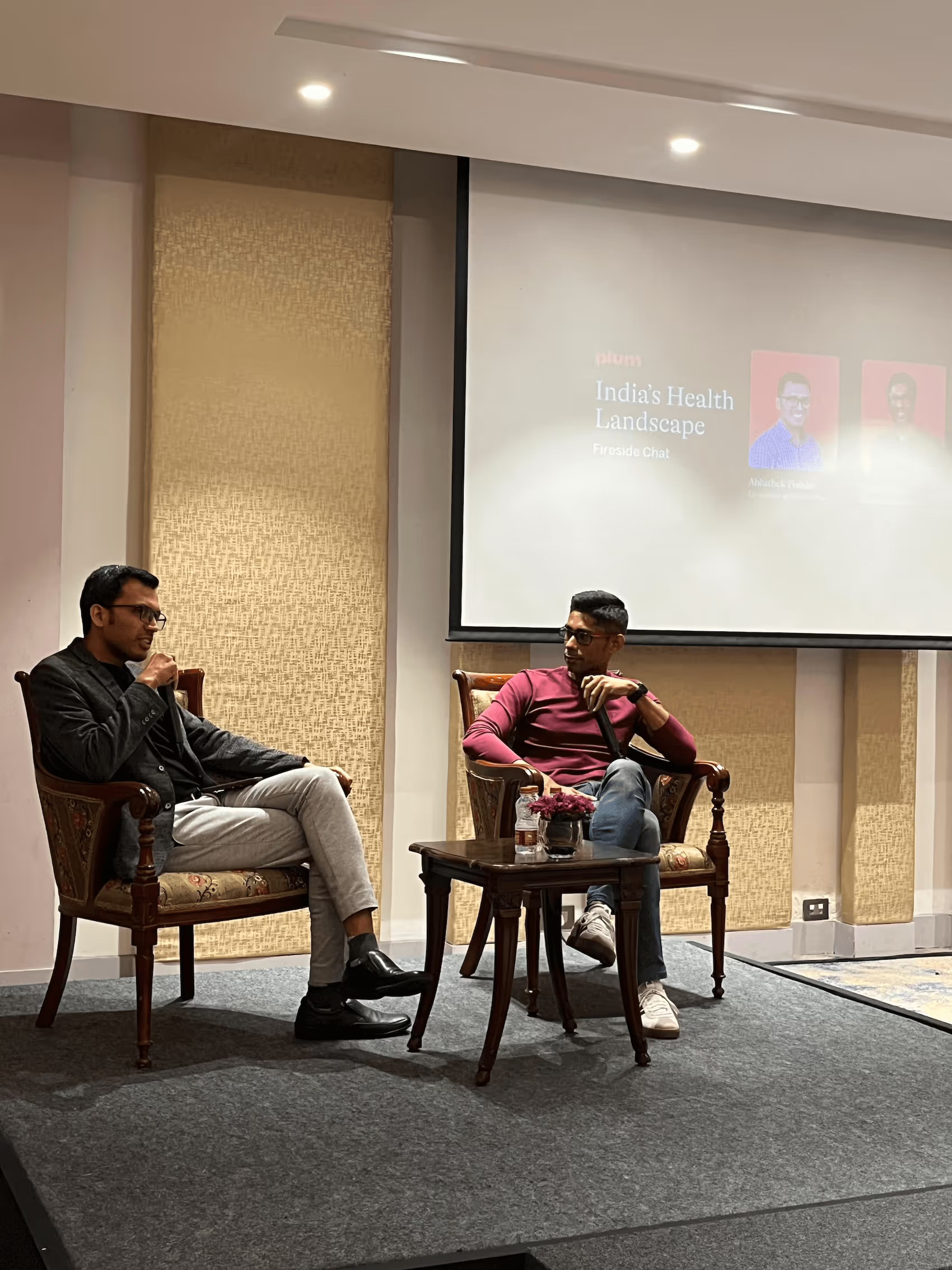Remote work is now normalised. Much as we are talking about the ‘return to work’ revolution that might start early next year, we are well aware that the workforce is now used to and prefers (in many cases) remote work. In a shift, therefore, to be agile and trendsetting, startups are setting innovative standards on defining benefits for their teams. In this article, we cover a few of these early movers, who also happen to be Plum customers.
At Springworks, employees are paid to work out of Goa
Office snacks and meals have now been replaced by Zomato vouchers for the 200+ employees at Springworks.
In addition to that, the company that has declared to go remote (much before anyone else in the startup ecosystem did during the first wave itself), is also providing its employees with ‘workcations’ (reimbursements of up to INR 15,000 per employee) to work from anywhere. 40% of the employees have already used this benefit and have either worked from Goa, Shimla or places close to their hometowns. According to Kartik Mandaville, CEO of Springworks, “People are loving it.”
To top it all, the company also provides a one time home office setup reimbursement of INR 50,000 for employees when they join and further INR 5000-10,000 to upgrade after a year. Employees have used this amount to buy ACs, Routers, mics, lights and iPads.
Springworks also experimented with co-working space vouchers, but that did not work out as employees preferred to work from home.
Shares Mandaville, “More than the benefits, people are happier to be async and work on their own timelines. There have been instances when people have left us and have returned once they have realised that they cannot go to the office every day.” He adds, “people have now developed hobbies, and they would like to work in a place that appreciates and respects their personal time.” The company is meeting all its employees for the first time at an offsite in Goa and if that goes well, they plan to do so twice a year.
At Obvious, employees have access to full-time therapists
The team at Obvious, picked up early evidence that their employees were feeling a toll in their emotional wellbeing and tied up with Kaha Mind, an online counselling platform for individuals and organisations.
During the pandemic conversations around mental wellbeing have been on the rise and people have since reached out to therapists to talk about anxiety, burnouts, career issues etc. From the activity on their Slack channel, the team at Obvious is aware that employees have immensely benefited from the tie-up with Kaha Mind.
Further, the company is planning its first ‘Off-ice-site’, where the entire team of 30 are catching up at the office for 3 days followed by a short trip to Discovery Village, near Nandi Hills for the rest of the week. Even at the office, elaborate lunches and dinners are being planned along with workshops and sessions and possibly movie breaks too.
Monica Pillai, Head of the People Function, shares how they have now normalised afternoon naps and how the erstwhile concept of a 9:00 a.m.-5:00 p.m. workplace has now been replaced by flexible hours and a ‘no-questions-asked’ policy on how employees plan their work hours.
Focus now shifted to physical and mental wellbeing. What the Law Says
Companies have now started offering daycare stipends, catered lunches from cloud kitchens, burnout and relaxation sessions. The emphasis is more towards lifestyle, mental and physical well-being. Senior executives are getting paid to take creative breaks.
“Legally, many countries have tweaked laws ensuring companies take care of their employees, whether working remotely or otherwise. A unique feature that does not get highlighted is that Governments are treating telework at par with office work. Insurance and Provident Fund benefits continue to be mandatory. Even in case of disputes, Courts treat employees that telework and work out of office equally,” said Bhagyashree Pancholy, General Counsel, Lano and Cofounder, All Remotely*.
Remote Work has changed us forever. Are we listening enough?
Aakanksha Gaur who heads People and Culture at Wingify has been studying employee behaviour from when the company went fully remote in 2019. To her, employee benefits is a much deeper conversation as much as remote work itself is. She talks about how a sense of community and belonging is now missing and boundaries between home and office have shifted too.
She has observed how we now have specific, agenda-driven conversations and do not ask people how they are feeling like we would in a casual face-to-face chat. Hence, what happens is a lot of initiatives that companies drive tend to be reactive much like the workshops and zoom sessions that Wingify has experimented with too. Gaur also accepts that these have failed.
She believes companies have a choice from here. 1) Either take the approach that if things have not broken, why fix them or 2) use this as an opportunity to define the new norms of work itself - “this is a unique time of our lives when we can define living, work and productivity and we are doing the latter,” she says.
Overall, it is never a better time to be an employee or a leader. There is so much to learn, adapt and change. However, only if we are picking up the right cues.
Follow us on Twitter:
https://twitter.com/getplumhq/status/1488182629207711744?s=20&t=YQodX6fmet0yotDYCW1lmg
Check out Plum Insurance here.
.avif)










.avif)














